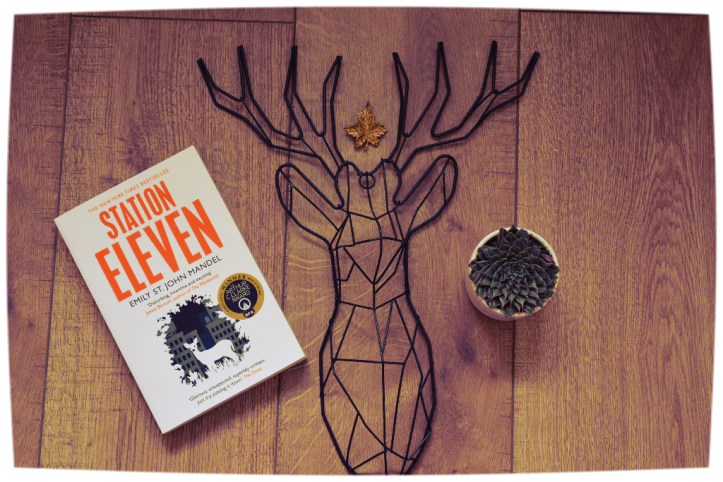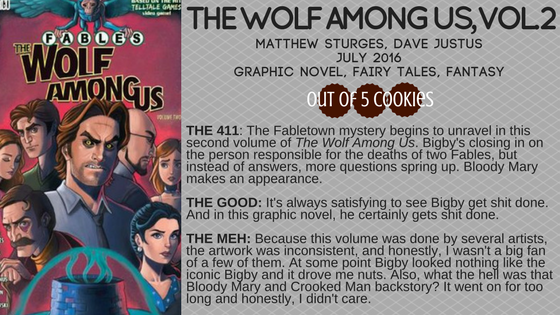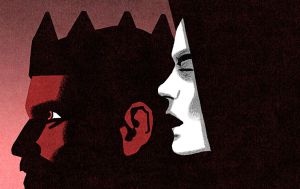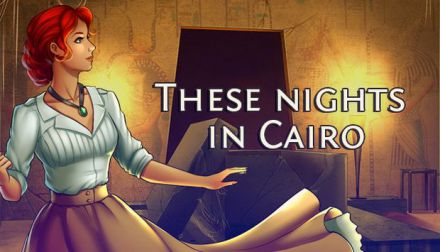Hell is the absence of the people you long for.

I absolutely loved Station Eleven. It was one of the best books I have read this year. It’s poem-like; beautiful and touching. If you asked me to describe this book with one word, I’d pick beautiful. It has artistic scenes where you feel like you’re watching a play with an amazing decor; or looking at an incredible painting. I was absolutely stunned by the talent of the writer, Emily St John Mantel, of Canada. She reminded me of another great Canadian writer -Margaret Atwood- with same talent of creating painting-like scenes in her stories which gets stamped in your memory, leaves marks on you despite how many years ago you’ve read the book, you’ll always remember that moments in the story. There are two scenes I will never forget in the story, however cannot dive into them as I don’t want to spoil anything for you.
But here is an example of her elegant writing:
“She didn’t remember what airplanes had looked like in flight but she did remember being inside one. The memory was sharper than most of her other memories from the time before, which she thought must mean that this had been very close to the end. She would have been seven or eight years old, and she’d gone to New York City with her mother, though she didn’t remember why. She remembered flying back to Toronto at night, her mother drinking a glass of something with ice cubes that clinked and caught the light. She remembered the drink but not her mother’s face. She’d pressed her forehead to the window and saw clusters and pinpoints of light in the darkness, scattered constellations linked by roads or alone. The beauty of it, the loneliness, the thought of all those people living out their lives, each porch light marking another house, another family.”
Anyway, let me explain what the book is about.
Station Eleven is a dystopia set in a post-apocalyptic world after a horrible disease, only a small percentage of world’s population survive. Although being set in an dystopian world, it is all about humanity, purely about human nature. The story revolves around a Traveling Symphony, a group of musicians wandering around remaining settlements. People try to live, survive. So does art. So does the good in the people, and the evil.
The book opens at a theatre play. The lead role has a heart-attack, and collapses. Fake decor snow falls on him whilst he lies dead. Then nearly at the same time, a deadly virus starts killing people.
“And here, all momentum left him. He could go no farther. The theater tickets had been intended as a romantic gesture, a let’s-do-something-romantic-because-all-we-do-is-fight, and she’d abandoned him there, she’d left him onstage performing CPR on a dead actor and gone home, and now she wanted him to buy milk. Now that he’d stopped walking, Jeevan was cold. His toes were numb. All the magic of the storm had left him, and the happiness he’d felt a moment earlier was fading.”
We have multiple points of view, different timelines, different story lines. And there is another book in the story, of Station Eleven, a story inside the story. Goes back and forth between past and future, and between characters. I am scared to reveal anything – I read this book without knowing anything about it and thoroughly enjoyed it, however there are some mild-spoilers in the book description and I don’t want to get into detail…
“The beauty of this world where almost everyone was gone. If hell is other people, what is a world with almost no people in it?”
If you liked this book, you will definitely love The Blind Assassin and The Heart Goes Last from Margaret Atwood.
This is somehow a sad book. Like most beautiful books…
Share this:“The claustrophobia of the forest. The first few trees visible before her, monochrome contrasts of black shadow and white moonlight, and beyond that an entire continent, wilderness uninterrupted from ocean to ocean with so few people left between the shores.”





